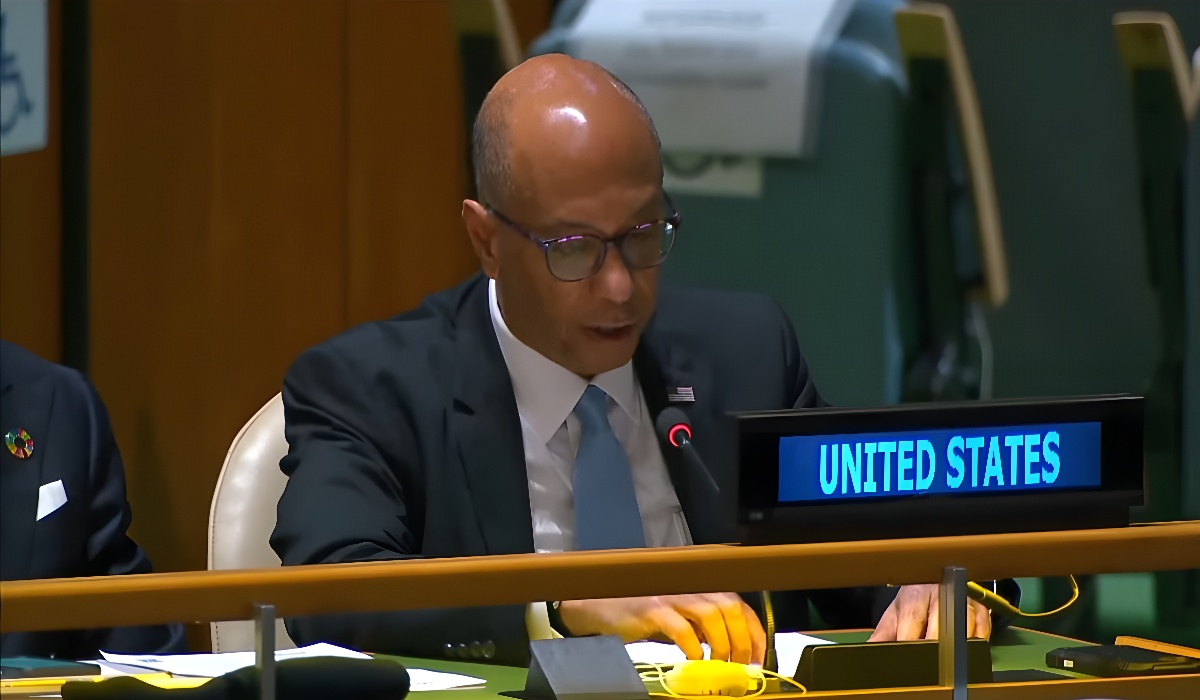Beyond Politic Rhetoric: Why Language Matters in Combating the Drug Crisis in Canada
- TDS News
- Breaking News
- June 6, 2023

Canada faces a drug epidemic that demands urgent attention and a comprehensive solution. As the nation grapples with this crisis, examining the harmful rhetoric surrounding safe injection sites and how it contributes to the dehumanization of individuals struggling with drug addiction is crucial. To combat the drug epidemic in Canada, we need to adopt a compassionate approach, regardless of political rhetoric.
Safe injection sites, also known as supervised consumption sites or harm reduction facilities, are medically supervised spaces where individuals can consume drugs under the supervision of trained professionals. These sites aim to minimize the harm associated with drug use by providing sterile equipment, preventing overdose deaths, reducing transmission of diseases, and connecting individuals to support services.
However, the establishment and operation of safe injection sites have been met with contentious political rhetoric in Canada. Opponents argue that these sites enable drug use and perpetuate addiction, while proponents highlight the positive outcomes, such as reduced overdose deaths and increased access to healthcare services. Unfortunately, some politicians have resorted to harsh rhetoric stigmatizing individuals struggling with addiction.
Harsh and negative rhetoric surrounding safe injection sites contributes to demoralizing people with drug addiction. This rhetoric paints a one-dimensional picture of individuals as “junkies” or “criminals,” disregarding their complex life circumstances and the underlying factors contributing to addiction. Defamation such as this perpetuates stigmas and prevents a holistic understanding of the issue.
Demeaning language reinforces stereotypes and hinders progress toward effective solutions. Instead of fostering empathy and compassion, it fosters judgment, marginalization, and isolation. When individuals with addiction are denigrated, dismissing their struggles and ignoring the urgent need for comprehensive support and intervention becomes easier.
To effectively address the drug epidemic in Canada, shifting the narrative surrounding addiction is imperative. This requires listening to various perspectives, including those of medical professionals, scientists, addiction specialists, and individuals with lived experiences. By doing so, we can better understand addiction as a complex health issue rather than a moral failing.
Prioritizing evidence-based approaches and considering harm reduction strategies like safe injection sites is crucial. These sites provide a safe space for drug use and serve as entry points to healthcare services, addiction treatment, and social support. By humanizing individuals struggling with addiction and offering comprehensive support, we can break the cycle of stigma, reduce harm, and increase the chances of successful recovery.
In addition to harm reduction strategies, a multifaceted approach is necessary to address the root causes of addiction. This includes investing in accessible and quality addiction treatment programs, mental health support services, early intervention programs, and social programs that address poverty, homelessness, and inequality. By addressing these underlying factors, we can create an environment that supports recovery and prevents the escalation of drug addiction.
The drug epidemic in Canada requires a compassionate and humanizing response that transcends political rhetoric. By recognizing the harmful effects of dehumanization and stigmatization, we can shift the narrative toward understanding addiction as a health issue deserving of empathy, support, and evidence-based solutions. It is crucial for policymakers, healthcare professionals, and society as a whole to come together, listen to diverse voices, and prioritize the well-being and recovery of individuals struggling with addiction. Only then can we truly combat the drug epidemic and foster a society that values and supports the utmost humanity of its citizens.








